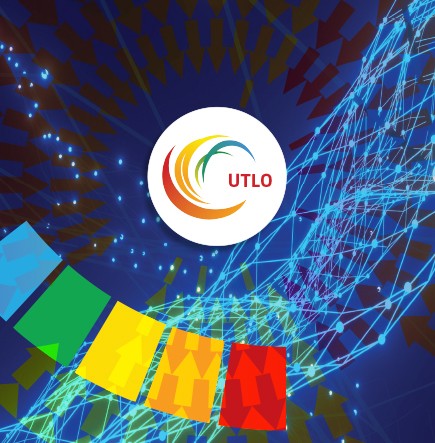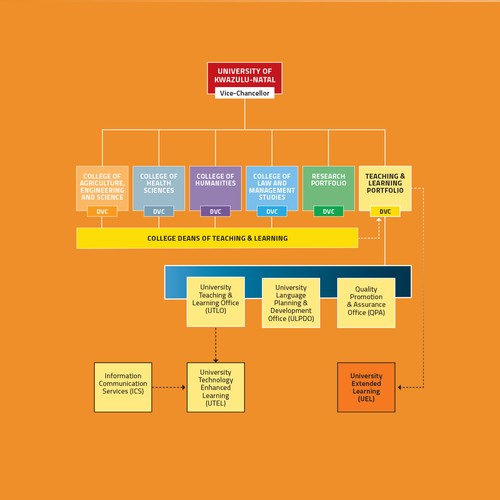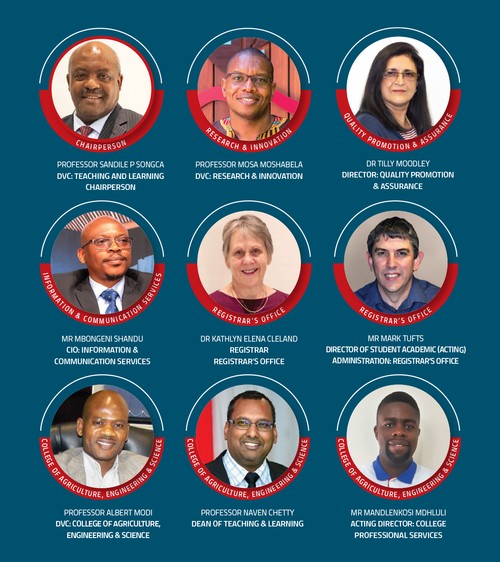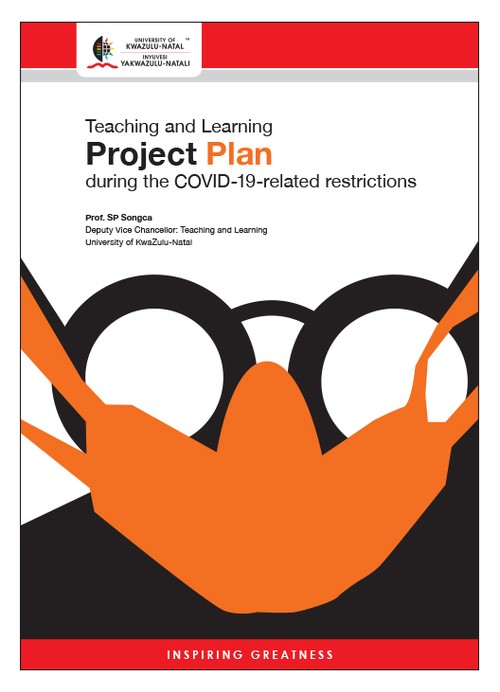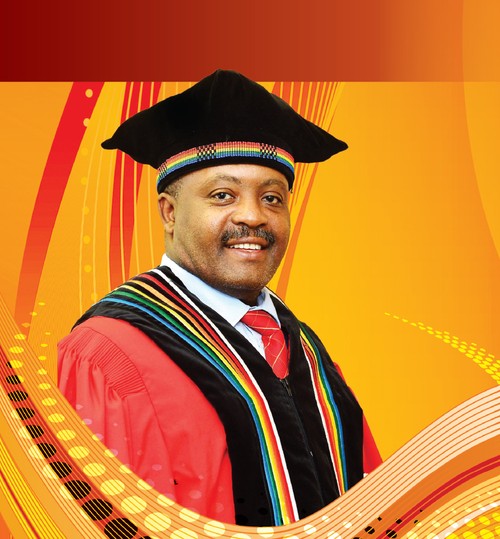
Vice-Chancellor for Teaching & Learning:
What constitutes student and graduate competitive advantage for gaining employment and establishing other livelihoods after graduating in such a difficult economic climate as we are currently experiencing locally and globally requires far more than is provided by traditional higher education curriculum, programming, and skilling. The increasing incidence of unemployed graduates is calling for more than what most higher education traditional providence currently affords.
Workplace skills, entrepreneurship, systems thinking, research skills, e-skills, mobile skills, coding, online and technology-enhanced skills, and other soft skills are some of employers’ most commonly named demands. For these reasons, workplace exposures that adequately prepare students for the world of work and service, such as work-integrated learning and workplace learning, might not be the forte of Universities of Technology and Comprehensive Universities in the future. Certainly, the multitudes of skills and capacities that were rapidly picked up during the two years of hard lockdown from 2020 to 2021 must influence the rapid and seamless movement between online learning based on eLearning capacities and long-established contact learning.
The current national consultation aimed at reviewing the limits on the extent of online learning that universities can undertake going forward testifies to the reality that there is a lot that we took for granted in the past, which we cannot take for granted today and into the future.
The current national consultation aimed at reviewing the limits on the extent of online learning that universities can undertake going forward testifies to the reality that there is a lot that we took for granted in the past, which we cannot take for granted today and into the future.
 Figure 1. Critical Curriculum Deficiencies
Figure 1. Critical Curriculum Deficiencies
At the center of all this are three intersecting key players. The Department of Higher Education Science and Technology (DHEST), the Council on Higher Education (CHE), the South African Qualifications Authority (SAQA), and many others that are key players in the legislative landscape. Higher education providers, both private and public, occupy a unique space in the national human capital development landscape. The graduate destination landscape is occupied by industry, business, and the entire world of work, enterprise, and service. Critical failures in human capital development occur when the three fail to meet in ways that are intentional for honing the output of human capital required for fully meeting the needs of a sophisticated economy such as that of South Africa include the rising incidence of unemployable graduates and the decline in business diversity.
Critical failures in human capital development occur when the three fail to meet in ways that are intentional for honing the output of human capital required for fully meeting the needs of a sophisticated economy such as that of South Africa include the rising incidence of unemployable graduates and the decline in business diversity.
Some of the interventions of the University of KwaZulu-Natal toward transformation to meet these challenges include the eLearning Symposium, staff capacity development, student capacity development, and advancing technology-enriched teaching and learning. These evidence-based initiatives are supported by Institutional Research, academic monitoring and support, and Scholarship of Teaching and Learning. Furthermore, to further bolster self-improvement in the workplace, the University offers a wide range of extended learning courses through its wholly-owned subsidiary, University Extended Learning (UEL).
As can be seen from the preceding, the National Review of Doctoral Qualifications, the Review of Remote Teaching, Learning and Assessment during the COVID-19 Pandemic, and the comprehensive Institutional Audit Self-Evaluation Report, the University prizes the quality of its offerings, graduates and alumni very highly, in terms of fitness for purpose and fitness of purpose. The University has embarked on the acquisition of an automated and fully online system for program development and 360-degree feedback and student evaluations. Our systems track and evaluate the opinions of current and past students to aid in the transformation of the curriculum and the preparation for the world of work and service.
The University of KwaZulu-Natal is recognised as among the leading higher education institutions in developing indigenous languages for the purpose of being used in learning and business. Some critical initiatives the University is known to include are terminology development, human language technologies, training and development in bilingual tutorship, literature development, language development research, and language services such as translations and sign language interpretation. Perhaps one of the most powerful testimonies of the student-centeredness of the University lies in the scholarships program, through which the University invests more than R150 million annually in our students.
Through its four Colleges, the University offers a dynamic program and qualification mix to cater to the changing needs of students, employers, and the economy. The College of Agriculture Engineering and Science and the College of Health Sciences are the highly reckoned trial-blazers in human capital development in Science, Technology, Engineering, and Mathematics. The College of Humanities is the biggest of the four Colleges, while the College of Law and Management Studies focuses mainly on business and Law Studies.
Professor Sandile P Songca
Deputy Vice-Chancellor: Teaching and Learning

